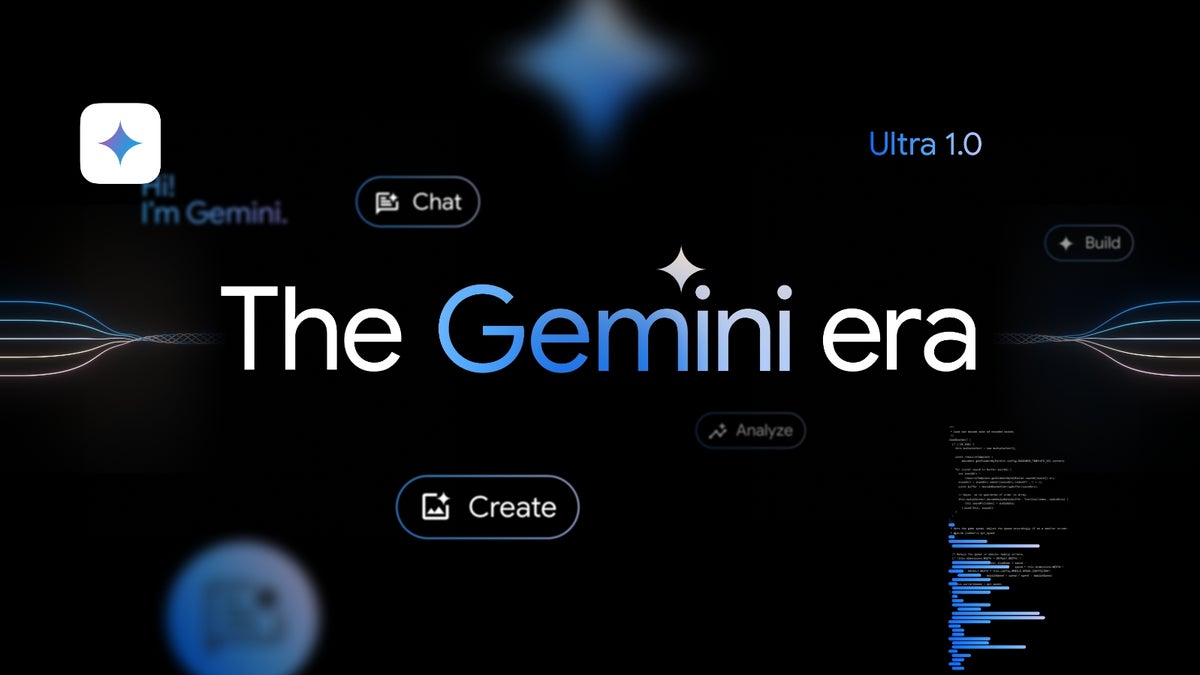What does this switch imply for the future of Android and Pixel devices? In the past, Google’s Android OS and Pixel smartphone divisions operated separately, but now they will be under one team. It could be argued that the separation of teams, while encouraging innovation, may have caused challenges and hindered a unified user experience. Google aims to address this issue by merging the two teams to create a more seamless ecosystem.
The appointment of Rick Osterloh, an experienced leader in hardware development, to lead the newly established “Platforms and Devices” team is a strategic decision by Google. Osterloh is renowned for his focus on innovation and his success in bringing top-notch hardware products to market. With his guidance, Google is emphasizing its commitment to advancing AI technology across its hardware and software platforms.Google’s focus on artificial intelligence (AI) is a logical step forward, given its extensive investments in AI research and development. The company’s dedicated AI research division, Google AI, has made significant strides in areas such as natural language processing, computer vision, and machine learning. By incorporating these advancements into its consumer products, Google aims to stay ahead in the constantly changing tech industry.
The long-term impact of Google’s restructuring is uncertain, but one thing is certain: the company is fully committed to AI and sees it as essential for the future of its hardware and software offerings. I’m excited to see how Google tackles these challenges and turns its AI goals into real benefits for its users. But I’d be lying if I didn’t admit the move makes me a bit apprehensive about the future of the Pixel brand. Fingers crossed.
